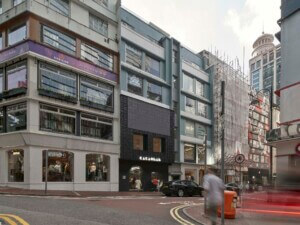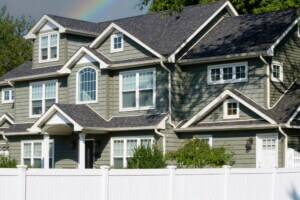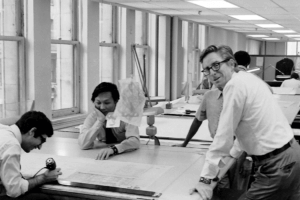The housing problem in Hong Kong is critical. Studies estimate that the city of seven million will have to house another 600,000 people over the course of the next 30 years. With rapidly increasing urbanization rates, leading Chinese metropolises are speculating on fast and intelligent ways to manage population growth by creating additional housing within their existing borders. While some cities are growing taller and others are mulling developing rare and cherished park space, Hong Kong is taking a different approach. Officials and engineers have thought about something else: developing an extensive underground city.
The plan calls for building a cross-harbor pedestrian corridor equipped with residences, shops, retail outlets, sports, and entertainment facilities located under Victoria Harbor. As the government is searching for any and all options that could create space for housing, it has already identified fifteen urban areas that could be used for underground development by the end of 2015.
In their 2009-2010 Policy Agenda, the city’s Development Bureau released a new initiative to launch strategic plans to develop Hong Kong’s underground space in a sustainable way. The study, entitled Enhanced Use of Underground Space in Hong Kong, explores different techniques that would employ the city’s underground territory for additional housing and long term demographic and economic enhancement.
Despite the ambitious nature of the plan, there remains many drawbacks and obstacles preventing its implementation. Experts argue that the development of Hong Kong’s underground would be extremely costly, and much more so than surface projects as the costs of construction would be higher. Moreover, the laying out of such plans is extremely lengthy, and the need for housing in the city is pressing. Therefore, potentials of underground space development might not be the immediate answer to an urgent problem.
Still, others continue to push for bulldozing green space in favor of more development. Gordon Wu, chairman developer of Hopewell Holdings Ltd and Vice President of the Real East Developer’s Association, labels people’s attachment to city-parks as “stupid” and not something that Hong Kong should pride itself on. In line with Wu’s statement, many city officials find parks to be extremely problematic as over 230,000 residents are on a waiting list for public housing.
Another option being explored would be to take over the sea and to create man-made islands which would be in close proximity to the city’s center and financial district. The Development Bureau estimates a need to extend the city’s built environment by up to ten square miles in order to accommodate residential, commercial, and industrial facilities. This proposal remains opposed by residents who argue that such construction would have a negative impact on the value of water-front apartments, and would hinder the view of the city’s famous and breathe-taking panorama. Environmental activists also object to the proposal as they are concerned with the safety and well being of dolphins and other marine animals.










